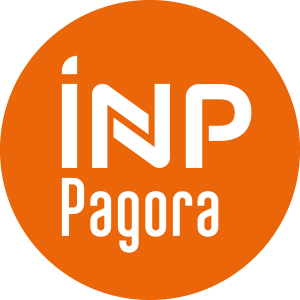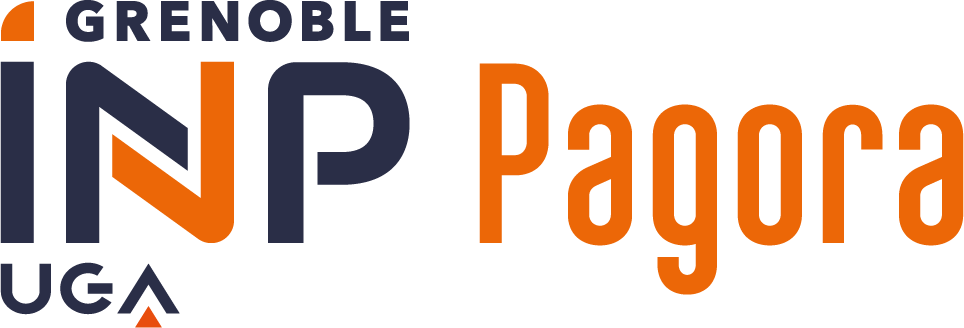Number of hours
- Lectures -
- Projects 7.5
- Tutorials 24.0
- Internship -
- Laboratory works -
- Written tests -
ECTS
ECTS 27.0
Goal(s)
The course aims at developing intercultural knowledge and competence that will allow the students to experience a variety of intercultural encounters, view them coherently and respond with openness and sensitivity towards different cultures and behaviours specific for these cultures, and as a result be better prepared for working and living in a diversified global environment.
Learning outcomes
After successfully completing the course the student will be able to:
LO1. understand the concept of culture as a complex system
LO2. know different culture models: Meyer’s, Hall’s, Trompenaars’, Hofstede’s
LO3. demonstrate an open attitude while facing challenging uncertainties arising from intercultural encounters
LO4. interpret intercultural experience from the perspective of own and more than one worldview in order o act in a supportive way towards another cultural group
LO5. develop adaptive skills to be able to communicate effectively across cultures in professional and life situations due to complex understanding of cultural differences in verbal and non-verbal layers.
-
Content(s)
The course is diverse in its composition to give a variety of experiences in different contexts. It consists of :
a) Tutorials
The tutorials allow for gaining knowledge on the concept of culture, different cultural models, values, customs and practices in various cultures, develop empathetic approach to other cultures and help students increase awareness of potential perceptions of their own culture from the perspectives of other cultures. The tutorials let students explore and inquire different cultural perspectives in a reflective way.
The course explores an idea of flipped education, tutoring and experiential learning in developing existing competencies of students, which conditions experience sharing and peer learning. Various learning methods are incorporated in the course including case studies, simulations, role-playing, group discussions, debates, presentations etc and approaches used in PBL, DT.
b) Company visits
The company visits allow for observing and experiencing corporate culture in a different cultural setting while a project creates an opportunity to learn how to research and explore the complexity of other cultures.
c) Project "Papermaking Competition"
A small challenge involving french and polish students is organized. Each groups is made of 2 french students + 2 polish students. After a short preparation all together, each group has to work on a challenge (technical + creativity) and must produce a prototype (poster, object ...).
d) Project (individual work)
PrerequisitesNo prerequisite
Accessibility for people with disabilities : please contact us for further information
Evaluation : Rapport ou compte-rendu
The exam is given in english only
The course exists in the following branches:
- Curriculum - Pagora Engineer - Apprentice - Semester 6 (this course is given in english only)
Course ID : 3FMA3098
Course language(s): 
You can find this course among all other courses.
Nunez Mahdi, R., Nunez, C. and Popma, L., (2017). Intercultural sensitivity. 4th ed. The Netherlands: Gorcum.
Bennett, M. J. (2001). Developing intercultural competence for global leadership. In R. D. Reineke & C. Fussinger (Eds.), Interkulturelles Management: KonzeptionBeratung-Training [Intercultural management: Conception-consulting-training] (pp. 207–226). Wiesbaden, Germany: Gabler
Bennett, M. J, (2020). Developing Intercultural Sensitivity: An Intercultural Approach to Global and Domestic Diversity. Intercultural Development Research Institute, USA



